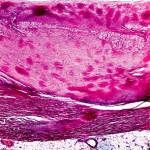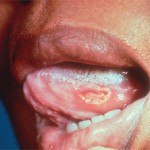SAN FRANCISCO—Research is revealing more clues about the environmental factors that likely play a role in triggering rheumatoid arthritis (RA) in patients who are susceptible—or that may even protect them from autoimmunity. Large-scale, lengthy population studies conducted at institutions worldwide provide in-depth data from which to identify potential triggers and protective factors for RA, from…







